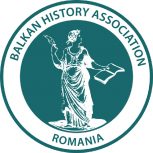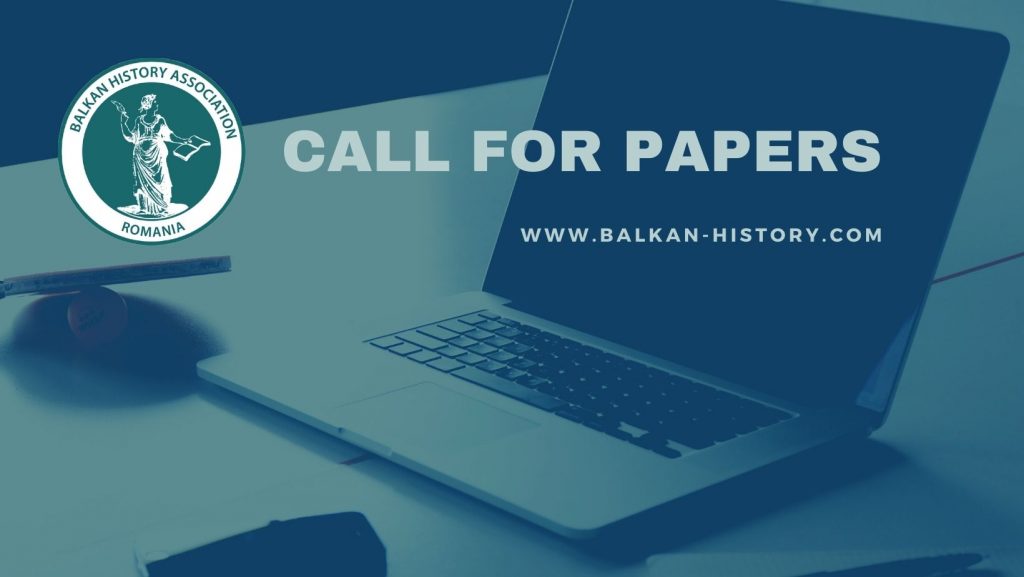In the 1920s the Soviet authorities undertook a Latinization campaign for the Turkic languages used in the USSR. By 1940, Moscow ensured those languages were written in the Cyrillic script. After the breakup of the Soviet Union in the early 1990s the alphabet question resurfaced again. The ruling elites of some Turkic speaking communities opted for alphabet change back to a Latin-based system – although not at the same pace or with the same vigor and success as in the first Latinization campaign. Others did not abandon the Cyrillic script – either by force or by choice.
The Balkan History Association in collaboration with the University of Business and Science in Tashkent, the Department of Distance Education, Nukus State Pedagogical Institute, Uzbekistan, and the Institute of Uzbek Language, Literature and Folklore, Academy of Sciences of Uzbekistan, Tashkent, are preparing a volume that shall look deeper into the following two aspects of alphabet engineering of the Turkic languages on the territory of the former Soviet Union after 1990:
The significance of alternative linguistic and political debates surrounding official language engineering policies.
Public acceptance or opposition to language engineering policies by the language speakers.
Submission procedure
Manuscripts must not have been published, submitted for publication, or made available on the internet elsewhere. Please submit your proposal, including the title of your manuscript, an abstract (up to 300 words), and an author’s biography (up to 100 words) to dareg@zabarah.de The abstract should include the research question and purpose, the approach, methodology, and main ideas, and expected results. No figures, tables, footnotes, or endnotes should be included in the abstract. Provided that your proposal is accepted, your article should not exceed 8,000 words in length including footnotes and reference list (bibliography). Interdisciplinary work and research involving polls and surveys are particularly welcome.
Deadlines
February 28, 2025: Submission of proposals
March 1, 2025: Notification of accepted proposals
September 1, 2025: Receipt of final chapters for peer-review
November 1, 2025: Revised chapters re-submitted to editors
Editors
Dareg Zabarah-Chulak (Balkan History Association)
Gulzira Kdirbaeva (Nukus State Pedagogical Institute)
Ismailov Gulom (University of Business and Science; Institute of Uzbek Language, Literature and Folklore, Tashkent)
Venera Mustafayeva (Topkapı University, Istanbul)
Victoria Clement (U.S. Foreign Service Institute)
Elissa Bullion (Washington University, St. Louis)
Please circulate this call for papers among your colleagues and other potentially interested scholars.

